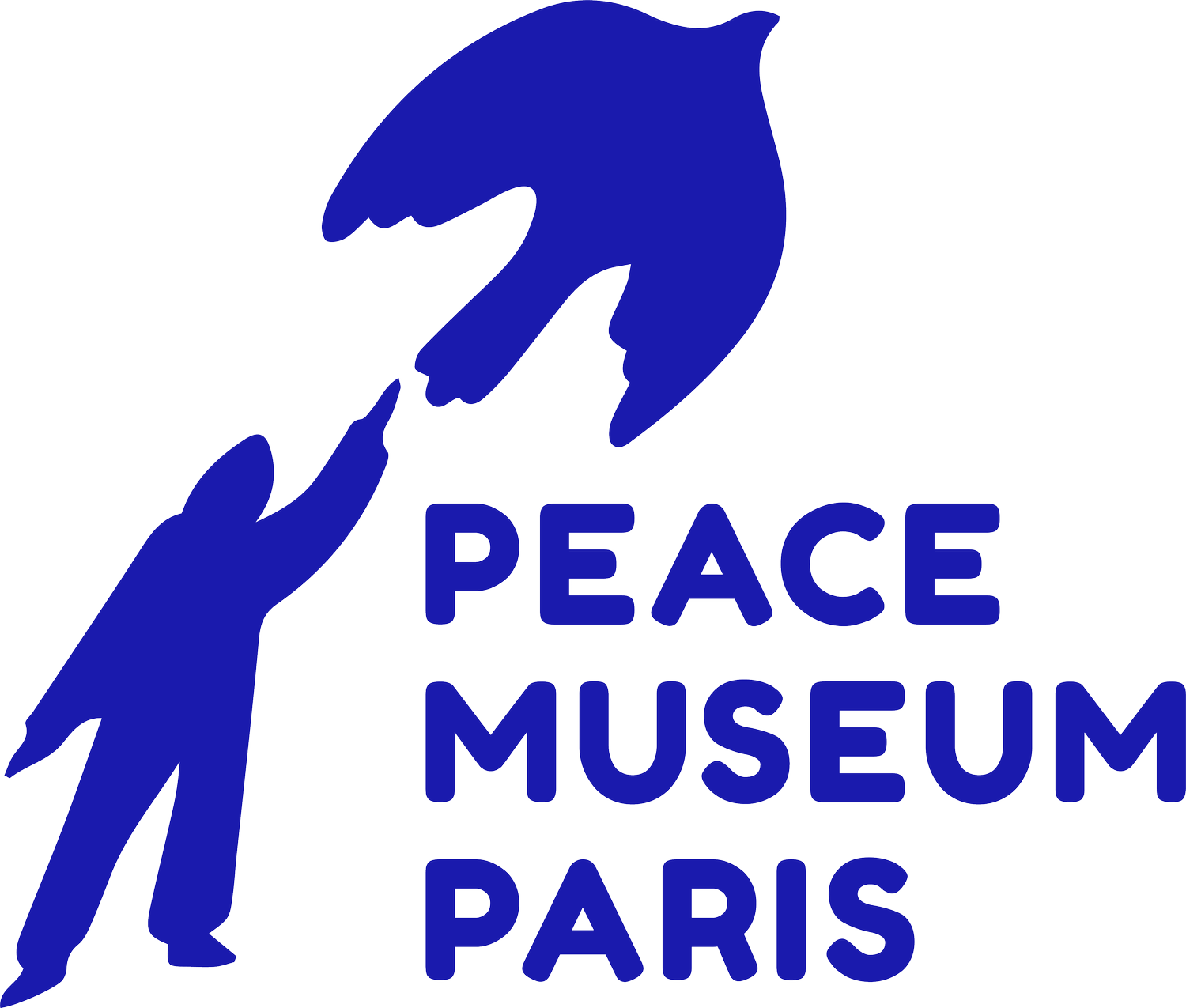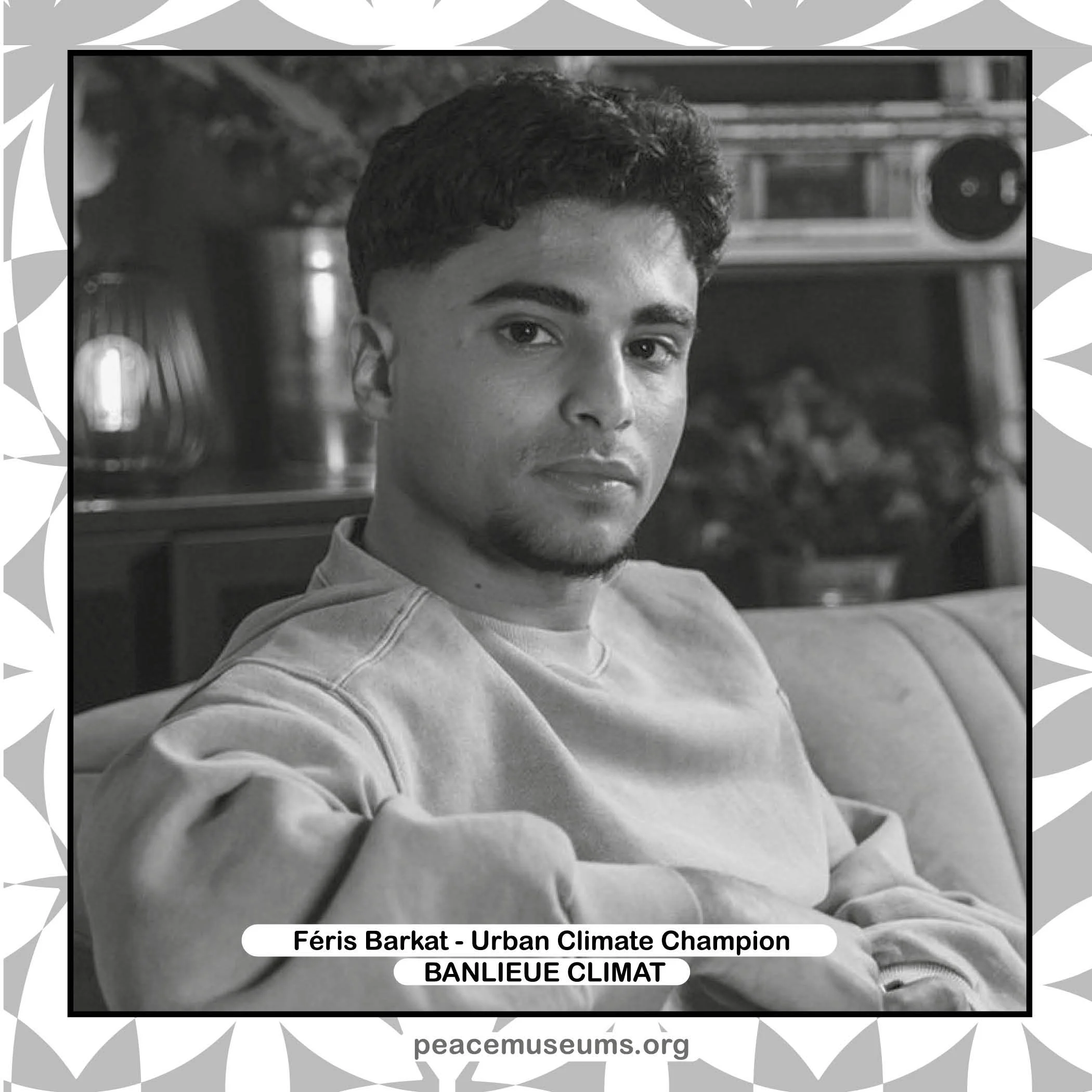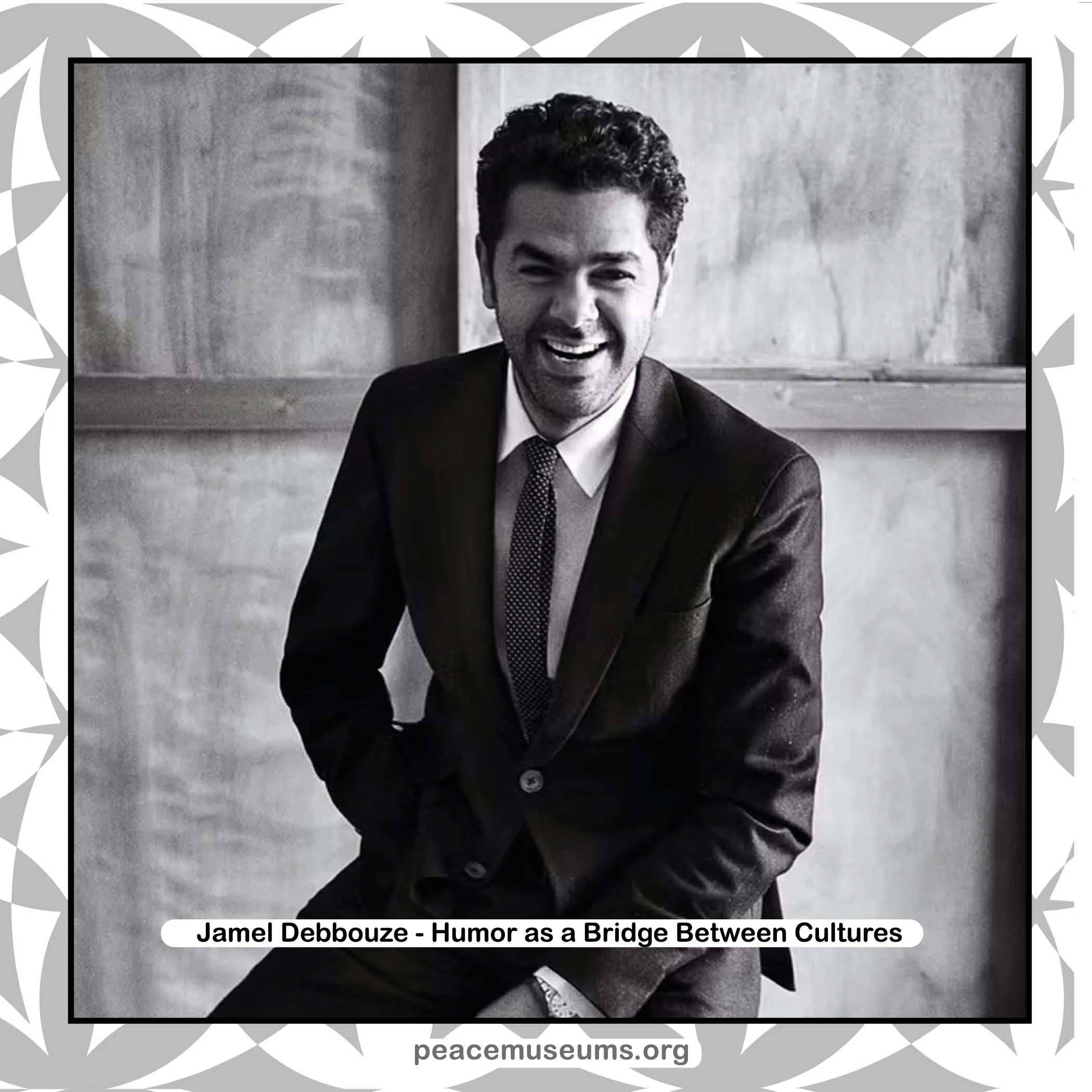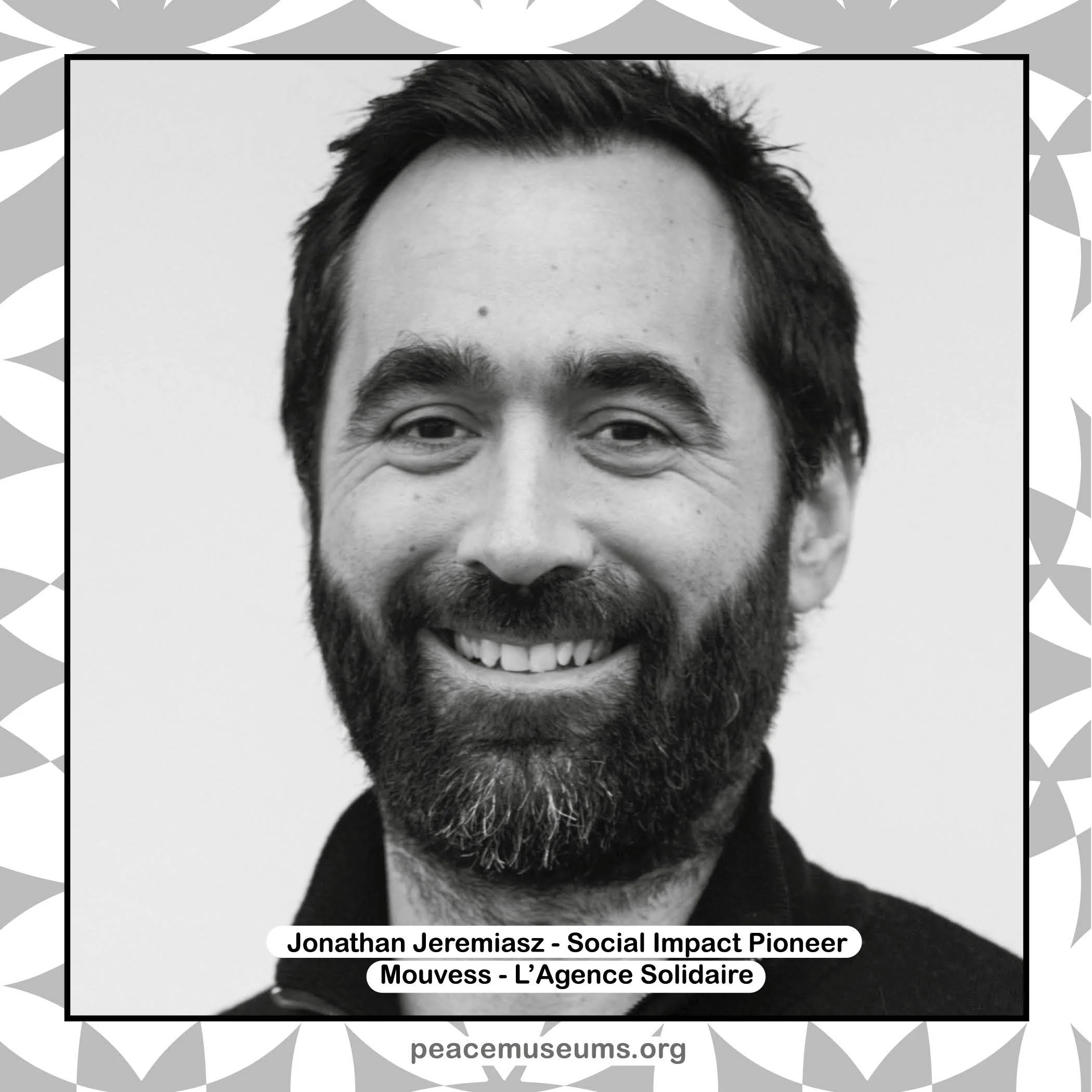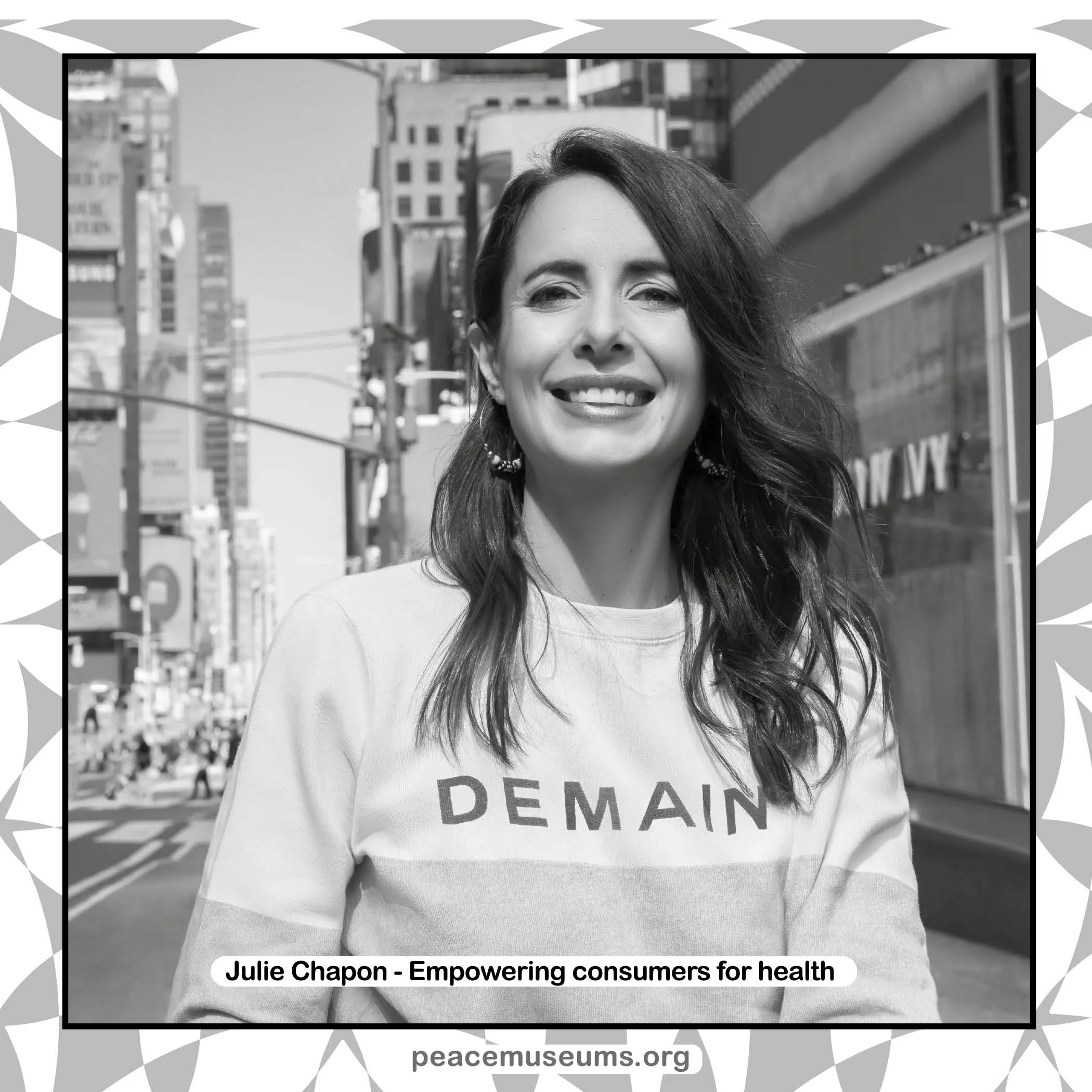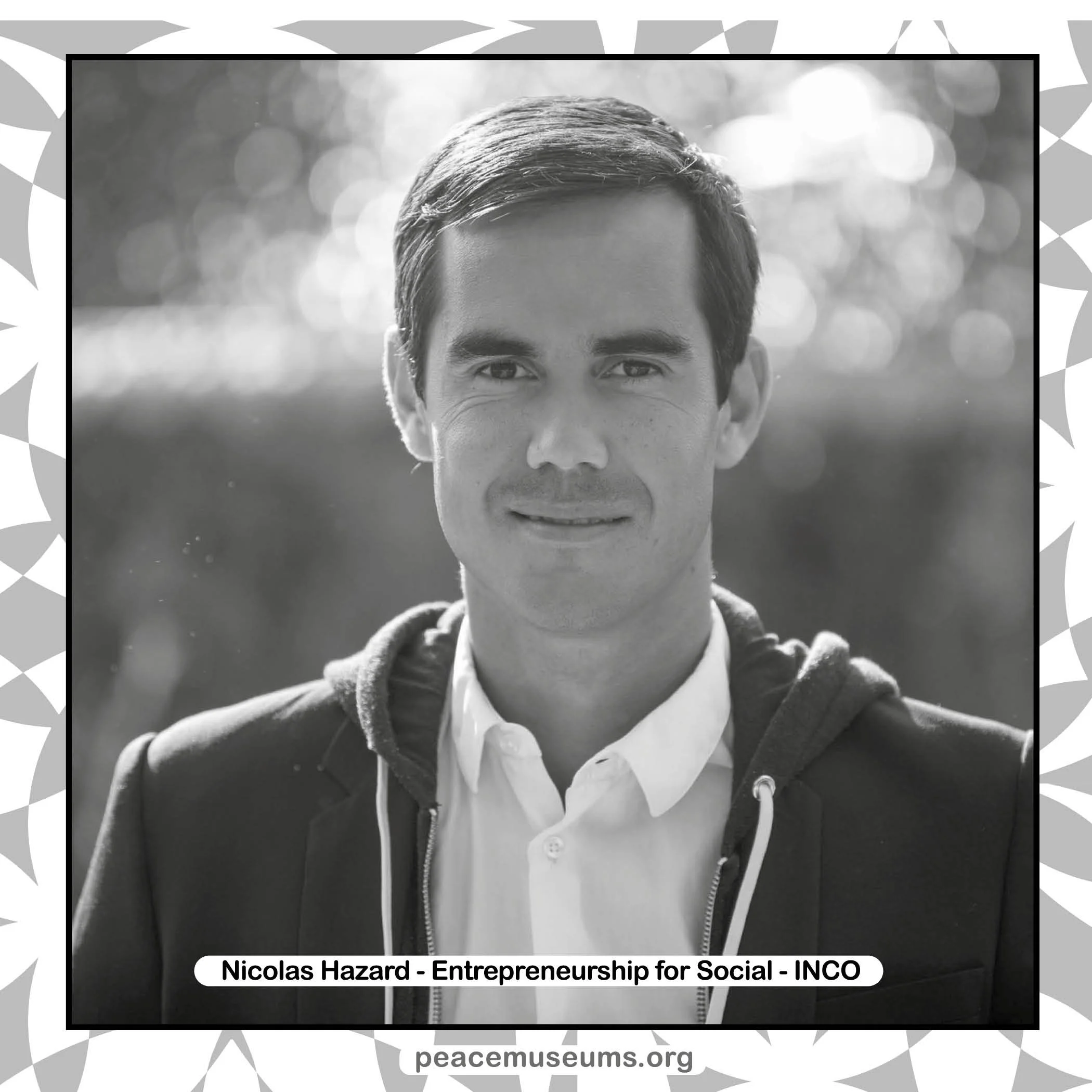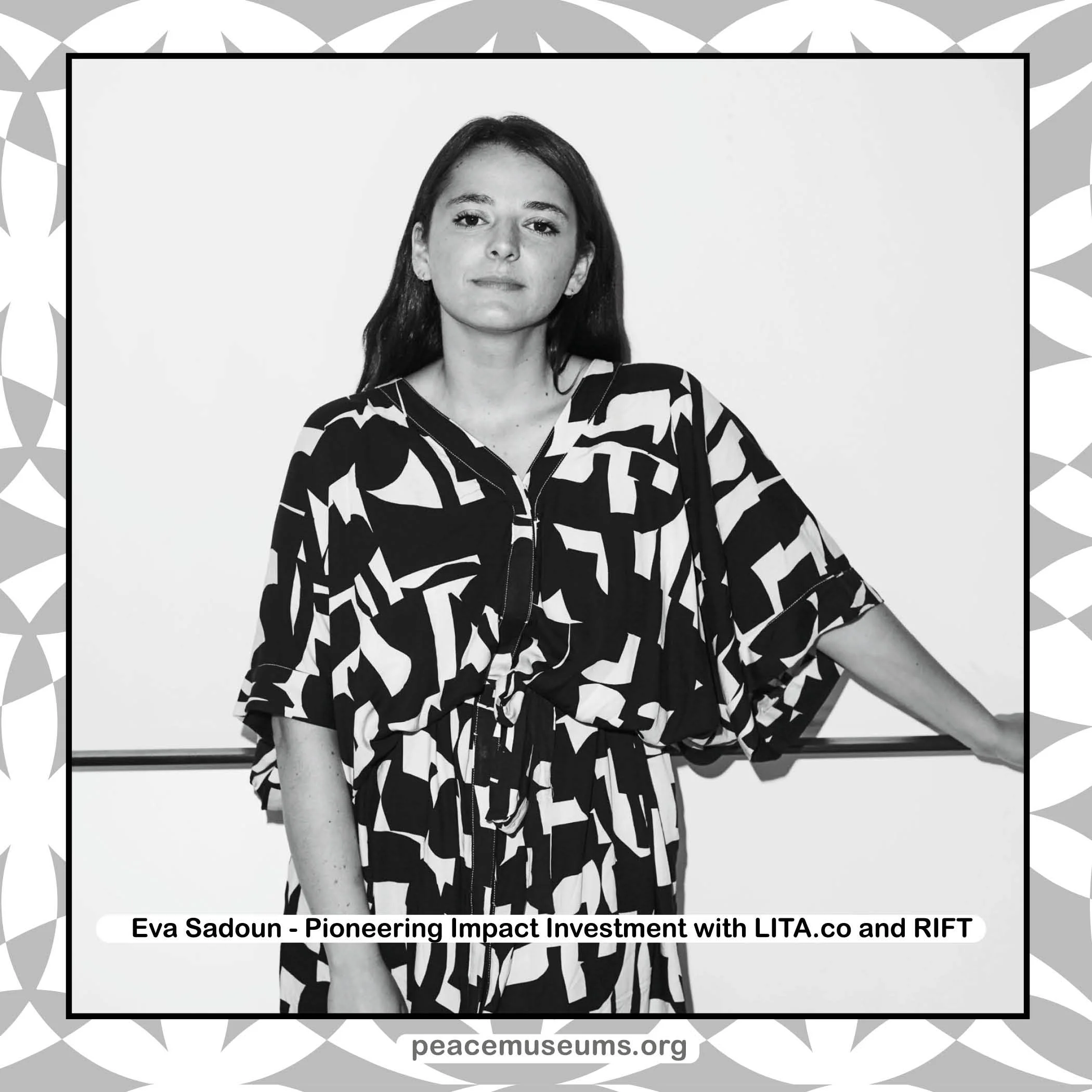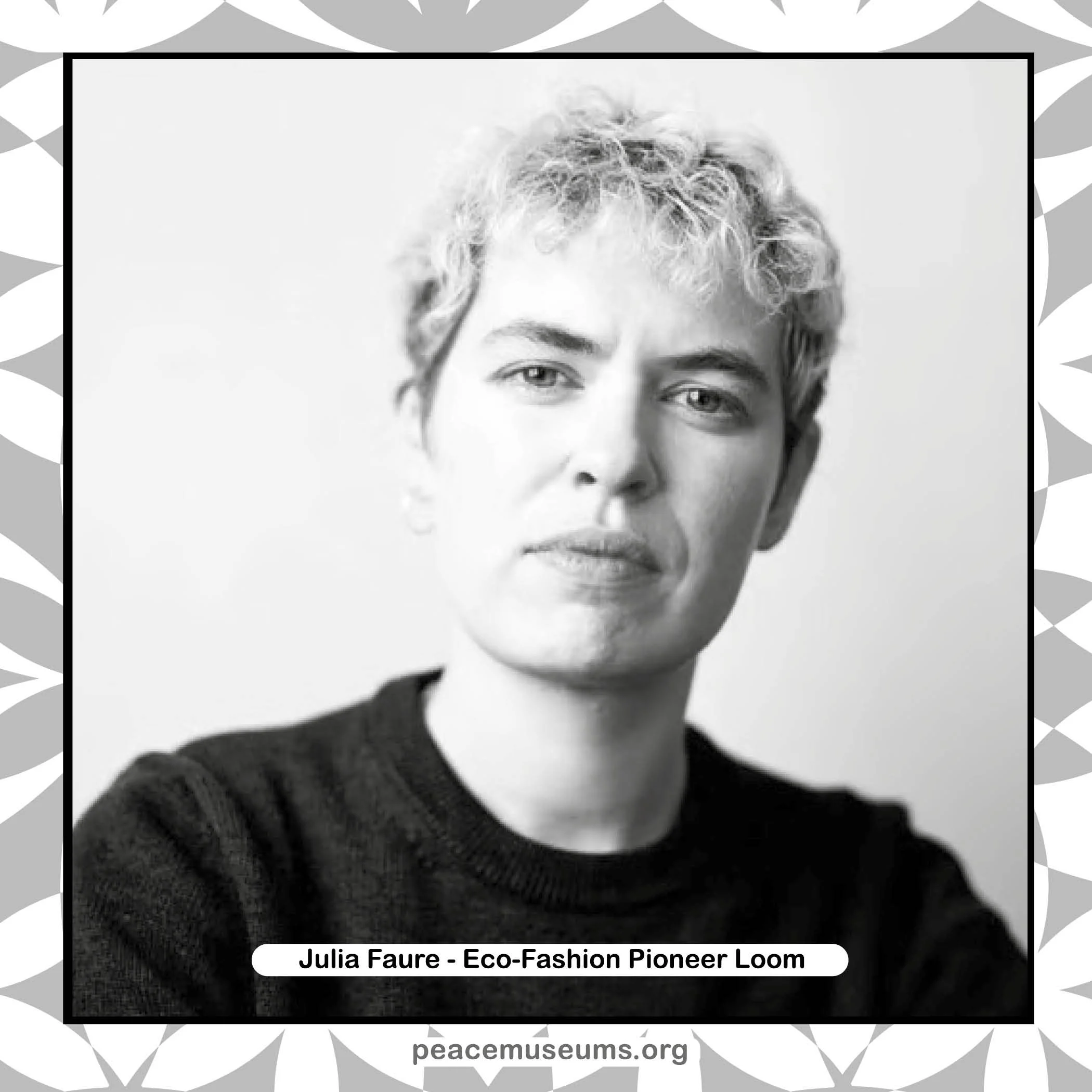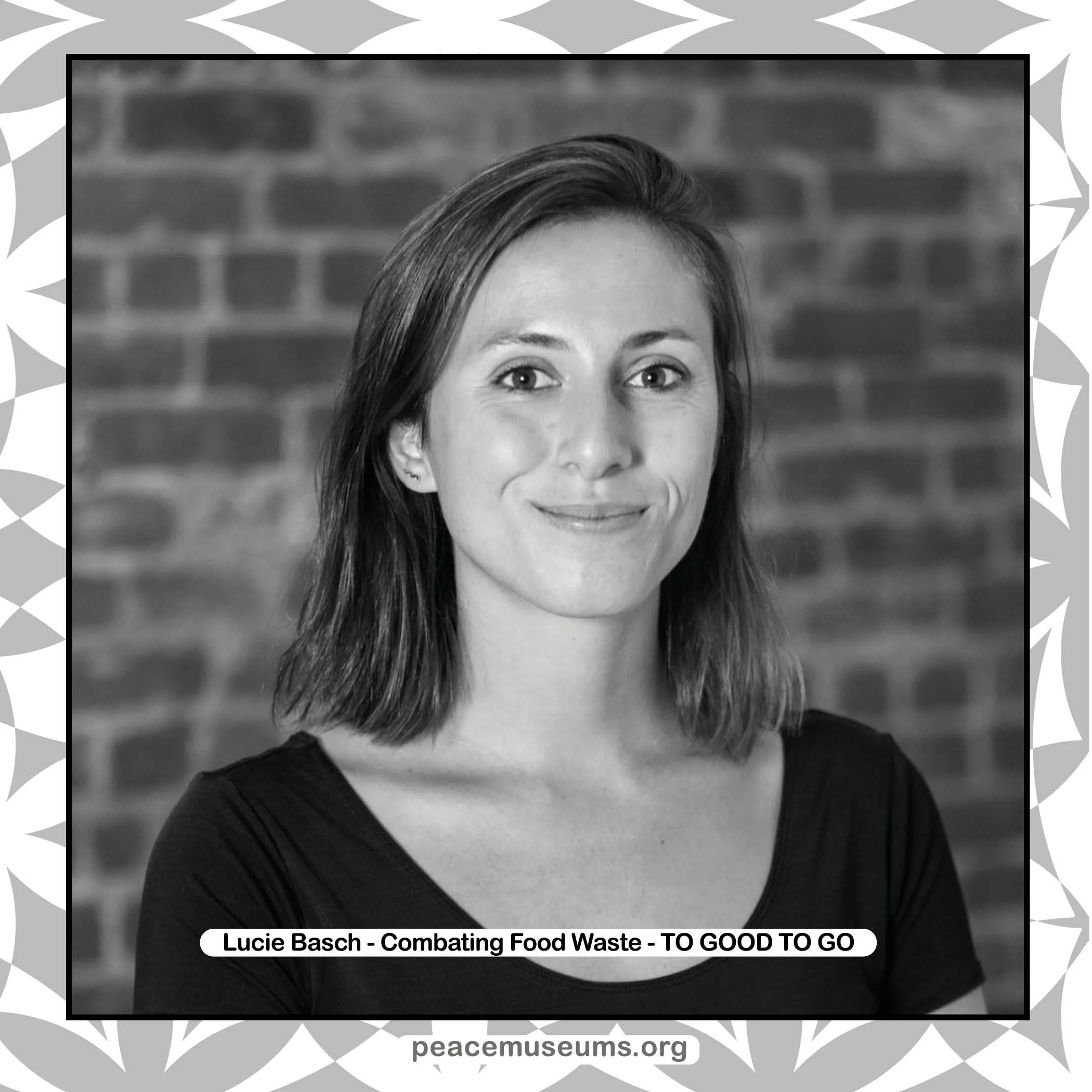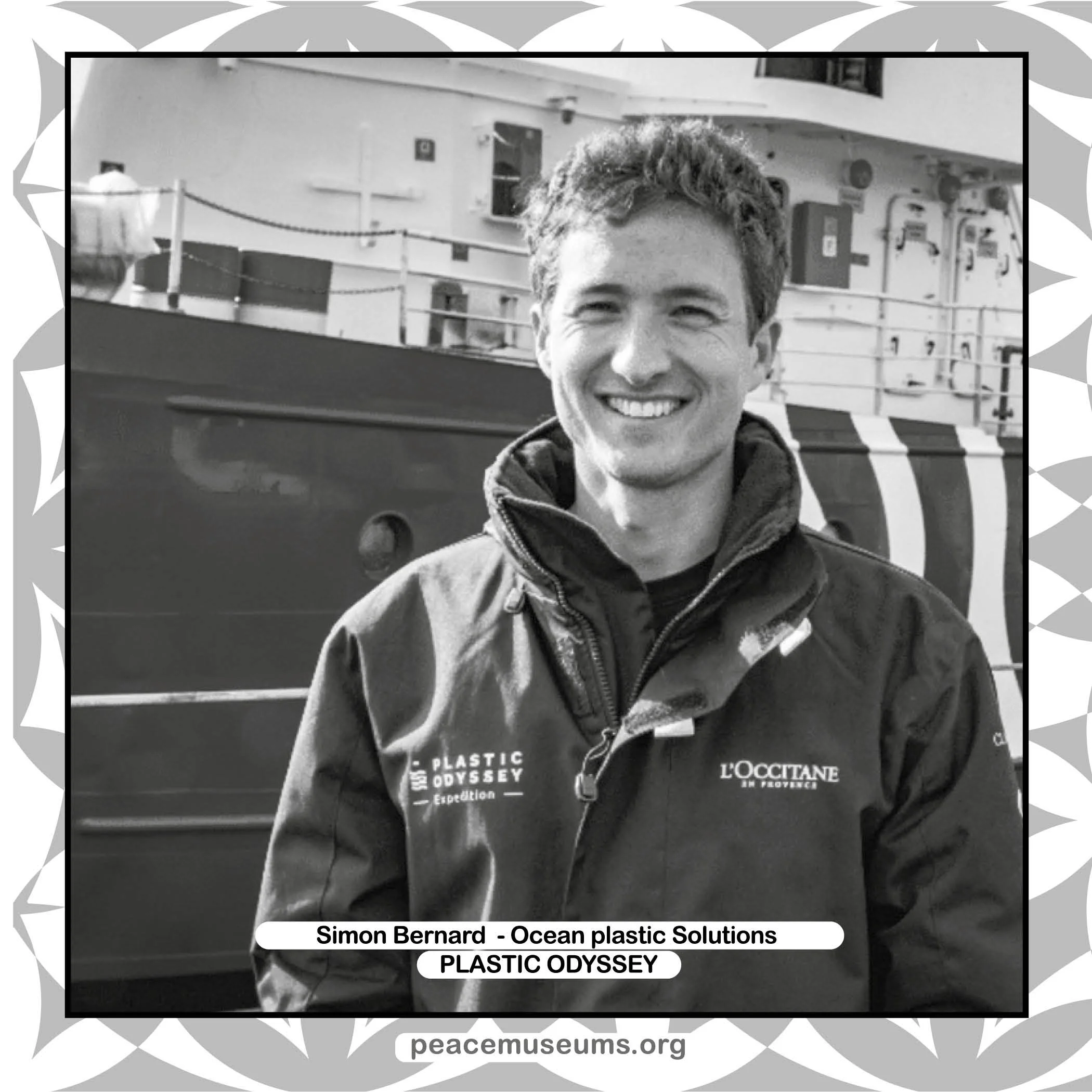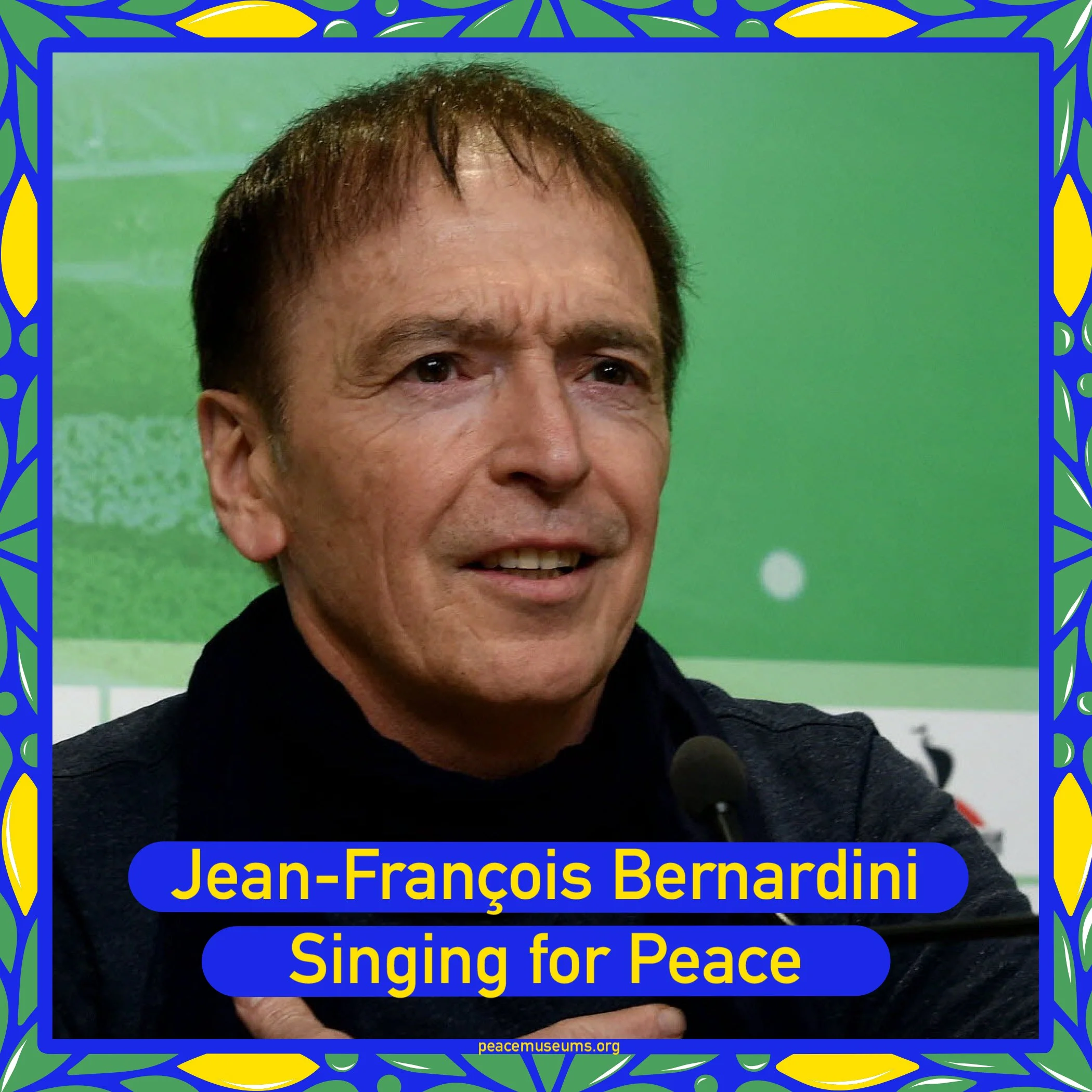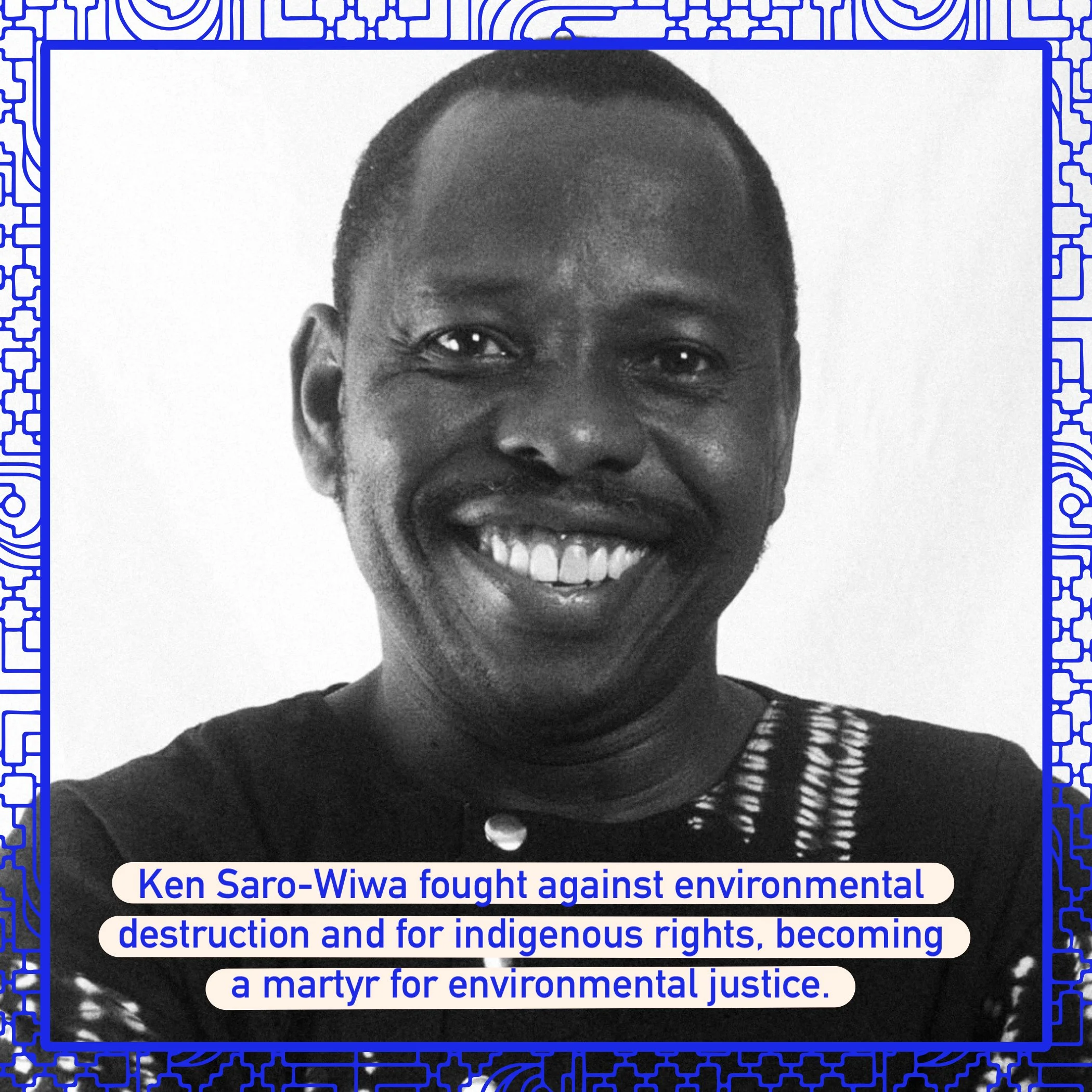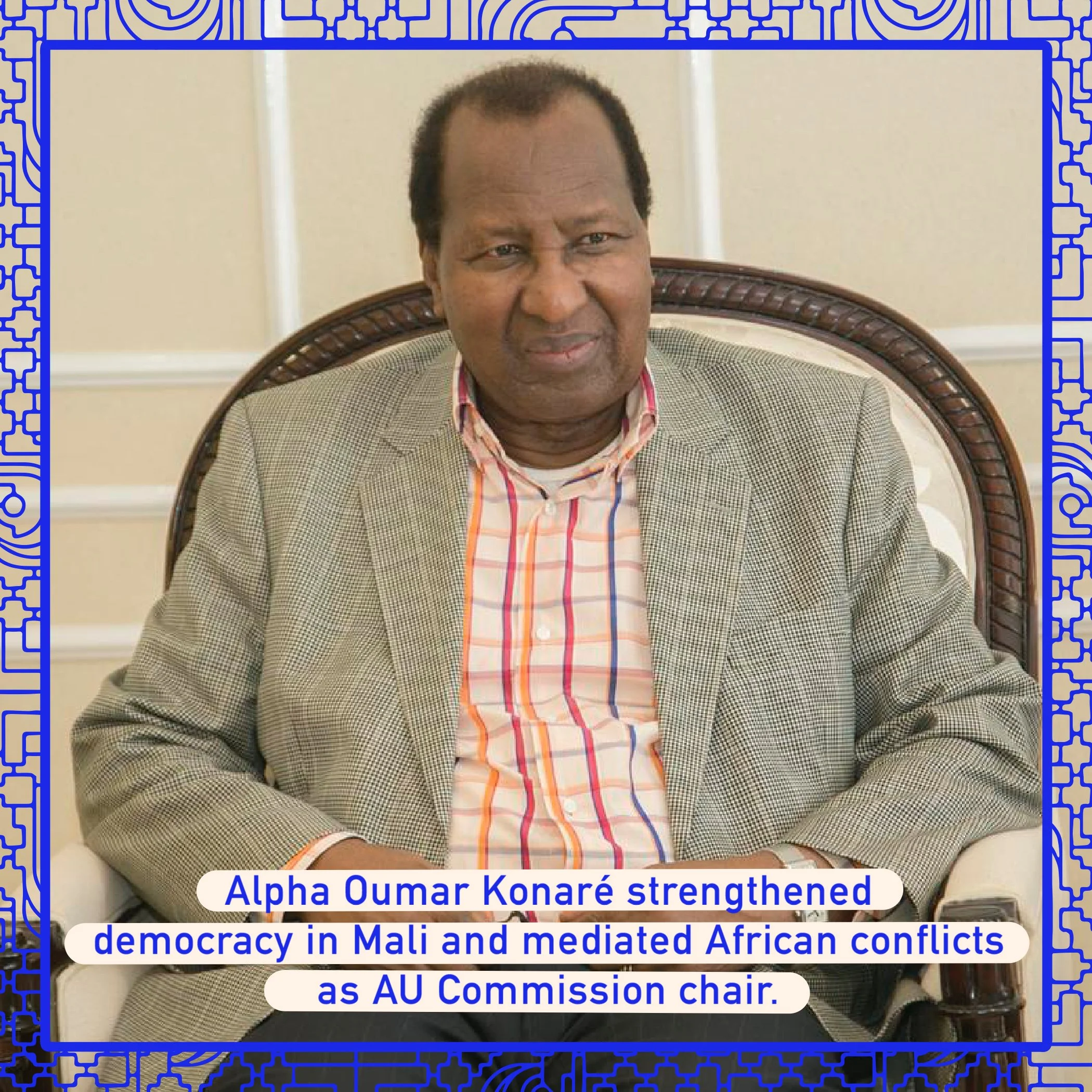French Peace Heroes
Anne-cécile Mailfert - Stop women Violence
Fondation des Femmes
English : As the driving force behind the Fondation des Femmes, Anne-Cécile Mailfert has been a pivotal figure in France’s modern feminist movement. Her work centers on fighting gender-based violence and supporting women's rights through legal, financial, and political means. Under her leadership, the foundation has empowered countless grassroots initiatives and shaped national debates on equality.
French : En tant que force motrice de la Fondation des Femmes, Anne-Cécile Mailfert a été une figure centrale du mouvement féministe moderne en France. Son travail est centré sur la lutte contre la violence fondée sur le genre et sur le soutien des droits des femmes par des moyens juridiques, financiers et politiques. Sous sa direction, la fondation a soutenu d'innombrables initiatives locales et a influencé les débats nationaux sur l'égalité.
Arthur Auboeuf - Combating climate change
Team for the Planet
English : Co-founder of Team for the Planet, Arthur Auboeuf believes climate change solutions must be collective. His platform allows everyday citizens to co-invest in open-source climate innovations, democratizing environmental impact and forging a model of shared responsibility that spans across borders and industries.
French : Cofondateur de Team for the Planet, Arthur Auboeuf est convaincu que les solutions au changement climatique doivent être collectives. Sa plateforme permet aux citoyens ordinaires de co-investir dans des innovations climatiques à source ouverte, démocratisant ainsi l'impact sur l'environnement et forgeant un modèle de responsabilité partagée qui s'étend au-delà des frontières et des secteurs d'activité.
Céline Mas - Women’s right and social impact
ONU Femmes
English : With a background in communication and sociology, Céline Mas heads UN Women France, amplifying the voices of women and advocating for policies that promote gender equity. Her leadership merges grassroots activism with institutional change, supporting programs that combat inequality and gender-based violence.
French : Avec une formation en communication et en sociologie, Céline Mas dirige ONU Femmes France, amplifiant les voix des femmes et plaidant pour des politiques qui promeuvent l'équité entre les sexes. Son leadership associe l'activisme de terrain au changement institutionnel, en soutenant des programmes qui luttent contre les inégalités et la violence sexiste.
Cristina Lunghi - Advancing Workplace Gender Equality Founder of Arborus and creator of GEEIS label
English : Through Arborus and the GEEIS (Gender Equality European & International Standard) label, Cristina Lunghi has transformed the way organizations approach gender balance. Her work provides measurable frameworks for companies to create inclusive workspaces, influencing corporate cultures across Europe and beyond.
French : Grâce à Arborus et au label GEEIS (Gender Equality European & International Standard), Cristina Lunghi a transformé la façon dont les organisations abordent la question de l'équilibre entre les hommes et les femmes. Son travail fournit des cadres mesurables permettant aux entreprises de créer des espaces de travail inclusifs, influençant ainsi les cultures d'entreprise à travers l'Europe et au-delà.
Féris Barkat - Urban Climate Champion
Banlieue Climat
English : In the heart of France’s suburbs, Féris Barkat launched Banlieue Climat to connect marginalized youth with climate activism. His approach blends ecology and social equity, showing that environmental justice must include voices from underrepresented communities.
French : Au cœur des banlieues françaises, Féris Barkat a lancé Banlieue Climat afin d'associer les jeunes marginalisés à l'activisme climatique. Son approche mêle écologie et équité sociale, montrant que la justice environnementale doit inclure les voix des communautés sous-représentées.
Jamel Debbouze - Humor as a bridge between Cultures
English : More than just a celebrated comedian, Jamel Debbouze has long used his art to challenge cultural stereotypes and bring diverse audiences together. His creative work often underscores messages of tolerance, coexistence, and pride in multicultural identity.
French : Jamel Debbouze n'est pas seulement un célèbre humoriste, il utilise depuis longtemps son art pour remettre en question les stéréotypes culturels et rassembler des publics divers. Son travail créatif souligne souvent des messages de tolérance, de coexistence et de fierté de l'identité multiculturelle.
Jonathan Jeremiasz - Social Impact Pionneer
Mouvess - L’Agence Solidaire
English : At the helm of Mouvess – L’Agence Solidaire, Jonathan Jérémiasz focuses on building bridges between grassroots initiatives and public institutions. His work centers on strengthening the social economy by supporting organizations that promote civic participation, democratic innovation, and social cohesion.
French : A la tête de Mouvess - L'Agence Solidaire, Jonathan Jérémiasz s'attache à créer des passerelles entre les initiatives de terrain et les institutions publiques. Son travail consiste à renforcer l'économie sociale en soutenant des organisations qui promeuvent la participation civique, l'innovation démocratique et la cohésion sociale.
Julie Chapon - Empowering consumers for health
English : With Yuka, Julie Chapon has revolutionized how French consumers engage with food and health. The app’s clear scoring system for nutritional value and product safety empowers individuals to make more mindful choices, reinforcing public health from the ground up.
French : Avec Yuka, Julie Chapon a révolutionné la manière dont les consommateurs français abordent l'alimentation et la santé. Le système d'évaluation clair de la valeur nutritionnelle et de la sécurité des produits de l'application permet aux individus de faire des choix plus réfléchis, renforçant ainsi la santé publique à partir de la base.
Marie-Amélie Le Fur - Paralympic champion
English : From the Paralympic podium to boardroom leadership, Marie-Amélie Le Fur has become a symbol of strength and inclusivity. As president of France’s Paralympic Committee, she advocates for visibility, funding, and equality in adaptive sports across the country.
French : Du podium paralympique au leadership dans les salles de conseil, Marie-Amélie Le Fur est devenue un symbole de force et d'inclusion. En tant que présidente du Comité paralympique français, elle milite pour la visibilité, le financement et l'égalité dans les sports adaptés à travers le pays.
Maud Caillaux - Sustainability for Global Harmony
Green Got
English : At just 26, Maud Caillaux co-founded Green-Got, a green banking startup that reinvents finance for the climate-conscious generation. By redirecting investments away from fossil fuels and toward sustainable initiatives, she helps citizens contribute to global harmony through their wallets.
French : À seulement 26 ans, Maud Caillaux a cofondé Green-Got, une startup bancaire verte qui réinvente la finance pour la génération consciente du climat. En réorientant les investissements des combustibles fossiles vers des initiatives durables, elle aide les citoyens à contribuer à l'harmonie mondiale par le biais de leur portefeuille.
Nicolas Hazard - Entrepreneurship for Social
INCO
English : Through INCO, Nicolas Hazard supports the next generation of startups solving real-world problems—from education to clean energy. His vision centers on a fairer economy where business success goes hand in hand with social and ecological progress.
French : Par l'intermédiaire d'INCO, Nicolas Hazard soutient la nouvelle génération d'entreprises en phase de démarrage qui résolvent des problèmes concrets, de l'éducation à l'énergie propre. Sa vision est celle d'une économie plus juste où le succès des entreprises va de pair avec le progrès social et écologique.
Ryadh Sallem - Inclusive Employment Pioneer
CAPSAA - Handisport
English : Whether on the basketball court or in policy circles, Ryadh Sallem leads by example. His long-standing work with CAPSAA and advocacy in handisport programs champions dignity, autonomy, and inclusive employment for people with disabilities.
French : Que ce soit sur le terrain de basket ou dans les cercles politiques, Ryadh Sallem montre l'exemple. Son travail de longue haleine avec la CAPSAA et son action en faveur des programmes handisport défendent la dignité, l'autonomie et l'emploi inclusif pour les personnes handicapées.
Vincent Touboul Flachaire - Innovative Digital Philanthropy
English : Transforming the simple act of watching an ad into a tool for global change, the founder of Goodeed has reimagined online philanthropy. By redirecting advertising revenue toward NGOs, he has made charitable giving accessible to millions through everyday digital behavior. Selected as an Obama Foundation Scholar, he stands at the forefront of digital solutions to global inequality.
French : En transformant le simple fait de regarder une publicité en un outil de changement global, le fondateur de Goodeed a réimaginé la philanthropie en ligne. En redirigeant les recettes publicitaires vers les ONG, il a rendu les dons caritatifs accessibles à des millions de personnes par le biais d'un comportement numérique quotidien. Sélectionné comme boursier de la Fondation Obama, il est à l'avant-garde des solutions numériques à l'inégalité mondiale.
Alizée Lozac’hmeur - Collective Impact Catalyst Make Sense
English : At the heart of MakeSense lies a vision for citizen-powered change, brought to life by a leader who believes in the strength of communities. Through immersive programs, social business incubators, and civic mobilization efforts, Alizée Lozac’hmeur supports local and global actors in creating innovative responses to climate, social justice, and economic challenges—fostering real-world impact through shared purpose.
French : Au cœur de MakeSense se trouve une vision du changement alimenté par les citoyens, concrétisée par une dirigeante qui croit en la force des communautés. Grâce à des programmes immersifs, des incubateurs d'entreprises sociales et des efforts de mobilisation civique, Alizée Lozac’hmeur soutient les acteurs locaux et mondiaux dans la création de réponses innovantes aux défis climatiques, économiques et de justice sociale, favorisant ainsi un impact réel par le biais d'un objectif commun.
Camille Etienne - Opposing deep-sea mining
English : With a fierce determination to safeguard the planet’s most vulnerable ecosystems, this young environmental advocate has taken a leading role in the fight against deep-sea mining. By spotlighting the irreversible damage such industrial practices could inflict, Camille Etienne mobilizes youth movements, policymakers, and international coalitions to uphold oceanic integrity and promote sustainable resource management.
French : Déterminée à sauvegarder les écosystèmes les plus vulnérables de la planète, cette jeune défenseuse de l'environnement joue un rôle de premier plan dans la lutte contre l'exploitation minière en eaux profondes. En mettant en lumière les dommages irréversibles que de telles pratiques industrielles pourraient infliger, Camille Etienne mobilise les mouvements de jeunesse, les décideurs politiques et les coalitions internationales pour défendre l'intégrité des océans et promouvoir une gestion durable des ressources.
Claire Nouvian - Marine and biodiversity protection
Founder of the NGO BLOOM
English : Few environmental battles have been as driven or as effective as those led by the founder of the NGO BLOOM, Claire Nouvian.. Her campaigns have succeeded in influencing EU policy on bottom trawling and marine protection, combining scientific rigor with bold activism. Awarded the Goldman Environmental Prize, she remains a pivotal force in defending the biodiversity of our oceans from industrial overreach.
French : Peu de combats environnementaux ont été aussi motivés et efficaces que ceux menés par la fondatrice de l'ONG BLOOM, Claire Nouvian. Ses campagnes ont réussi à influencer la politique de l'UE en matière de chalutage de fond et de protection du milieu marin, alliant rigueur scientifique et activisme audacieux. Récompensée par le prix Goldman pour l'environnement, elle reste une force essentielle dans la défense de la biodiversité de nos océans contre les excès de l'industrie.
Eva Sadou - Pioneering Impact Investment with LITA.co and RIFT
English : Bridging the gap between finance and ethics, Eva Sadou has built platforms like LITA.co and RIFT to empower individuals to invest in companies aligned with their values. Advocating for transparency and democratic participation in finance, her work opens new pathways for socially responsible investing while challenging the traditional profit-driven paradigms of the financial sector.
French : En comblant le fossé entre la finance et l'éthique,Eva Sadou a créé des plateformes telles que LITA.co et RIFT pour permettre aux particuliers d'investir dans des entreprises qui correspondent à leurs valeurs. Plaidant pour la transparence et la participation démocratique dans la finance, son travail ouvre de nouvelles voies à l'investissement socialement responsable tout en remettant en question les paradigmes traditionnels du secteur financier, axés sur le profit.
Fréderic Mazzella - Philanthropic Innovator - Blablacar - DIFT
English : Paving the way for a low-carbon future, Fréderic Mazzella, the founder of BlaBlaCar introduced a carpooling revolution that brought millions into shared, eco-friendly travel. Now focused on broadening the scope of digital platforms for social good, he promotes a model where innovation, environmental responsibility, and solidarity can co-exist—and flourish—within the tech economy.
French : Ouvrant la voie à un avenir sobre en carbone, Frédéric Mazzella, le fondateur de BlaBlaCar a introduit une révolution dans le domaine du covoiturage qui a permis à des millions de personnes de se déplacer de manière partagée et respectueuse de l'environnement. Aujourd'hui, il s'efforce d'élargir le champ d'action des plateformes numériques à des fins sociales et promeut un modèle dans lequel l'innovation, la responsabilité environnementale et la solidarité peuvent coexister et s'épanouir au sein de l'économie de la technologie.
Jean-Guy Henckel - Agrarian Social Innovator
English : Social inclusion takes root - quite literally - on the farms of the Réseau Cocagne. Founded by this seasoned changemaker, the network offers employment and dignity to individuals far from the labor market, using sustainable agriculture as a springboard for reintegration. His model stands as a testament to how land, labor, and solidarity can intertwine for common good.
French : L'inclusion sociale prend littéralement racine dans les fermes du Réseau Cocagne. Fondé par cet artisan du changement chevronné, le réseau offre emploi et dignité à des personnes éloignées du marché du travail, en utilisant l'agriculture durable comme tremplin de réinsertion. Son modèle témoigne de la façon dont la terre, le travail et la solidarité peuvent s'entremêler pour le bien commun.
Julia Faure - Eco-Fashion Pioneer Loom
English : Disillusioned by the environmental toll of fast fashion, Julia Faure launched Loom to prove that clothing can be made with purpose, durability, and ecological respect. Committed to radical transparency, she works to reshape consumer expectations while pressuring the fashion industry toward a more ethical and sustainable framework.
French : Désabusée par les conséquences environnementales de la fast fashion, Julia Faure a lancé Loom pour prouver que les vêtements peuvent être fabriqués dans un but précis, de manière durable et dans le respect de l'environnement. Attachée à une transparence radicale, elle s'efforce de remodeler les attentes des consommateurs tout en faisant pression sur l'industrie de la mode pour qu'elle adopte un cadre plus éthique et plus durable.
Lucie Basch - Combating Food Waste -
To Good To Go
English : Saving a meal is as easy as opening an app, thanks to Lucie Basch, the co-founder of Too Good To Go. Her intuitive platform connects consumers with surplus food from restaurants and stores, fighting waste on a massive scale. With millions of meals saved across Europe, her work not only curbs emissions but also redefines the value of what we eat—and what we discard.
French : Sauver un repas est aussi simple que d'ouvrir une application, grâce à la cofondatrice de Too Good To Go. Sa plateforme intuitive met en relation les consommateurs avec les excédents alimentaires des restaurants et des magasins, luttant ainsi contre le gaspillage à grande échelle. Avec des millions de repas sauvés à travers l'Europe, son travail permet non seulement de réduire les émissions, mais aussi de redéfinir la valeur de ce que nous mangeons et de ce que nous jetons.
Mamadou Dembele - Positive Green Influencer
The Impact Story
English : Through storytelling and social media, Mamadou Dembélé turns abstract concepts into relatable calls to action. By highlighting grassroots changemakers and sustainable innovations, he builds a positive narrative around ecological transition—mobilizing a new generation to see environmental action not as sacrifice, but as opportunity.
French : Grâce à la narration et aux médias sociaux, Mamadou Dembélé des concepts abstraits en appels à l'action concrets. En mettant en avant les acteurs locaux du changement et les innovations durables, il construit un récit positif autour de la transition écologique, mobilisant une nouvelle génération pour qu'elle considère l'action environnementale non pas comme un sacrifice, mais comme une opportunité.
Moussa Camara - Determined Entrepreneur Empowering others Les Déterminés
English : With a powerful belief in the potential of underserved communities, Moussa Camara created Les Déterminés to support and train aspiring founders from disadvantaged backgrounds. His work fosters inclusive economic growth and restores hope and autonomy to youth often left on the margins, proving that entrepreneurship can be a vehicle for both dignity and peace.
French : Convaincu du potentiel des communautés mal desservies, Moussa Camara a créé Les Déterminés pour soutenir et former les fondateurs en herbe issus de milieux défavorisés. Son travail favorise une croissance économique inclusive et redonne espoir et autonomie à des jeunes souvent laissés en marge, prouvant ainsi que l'entrepreneuriat peut être un vecteur de dignité et de paix.
Pierre Moreau - Collaborative Impact Buider
Be Cause
English : At Be-Cause, collaboration is the engine of transformation. Bringing together NGOs, businesses, and public institutions, its founder designs partnerships that tackle social and environmental challenges in unison. His approach blends strategic consulting with mission-driven innovation, turning shared goals into measurable change.
French : Chez Be-Cause, la collaboration est le moteur de la transformation. Rassemblant des ONG, des entreprises et des institutions publiques, son fondateur conçoit des partenariats qui s'attaquent à l'unisson aux défis sociaux et environnementaux. Son approche combine le conseil stratégique et l'innovation axée sur la mission, transformant des objectifs communs en changements mesurables.
Simon Bernard - Ocean plastic Solutions
Plastic Odyssey
English : Aboard a floating laboratory, this visionary mariner and engineer leads Plastic Odyssey, an expedition tackling ocean pollution with local solutions. His project promotes recycling technologies in coastal communities, especially in the Global South, addressing plastic at its source while building international awareness around consumption and waste.
French : À bord d'un laboratoire flottant, ce marin et ingénieur visionnaire dirige Plastic Odyssey, une expédition qui s'attaque à la pollution des océans à l'aide de solutions locales. Son projet vise à promouvoir les technologies de recyclage dans les communautés côtières, en particulier dans les pays du Sud, en s'attaquant au plastique à la source tout en sensibilisant la communauté internationale à la consommation et au gaspillage.
Yann Fradin - Urban Ecology Integration
Espaces - Emmaüs France
English : The gray sprawl of cities is slowly turning green thanks to the work of this ecological urbanist. Through his leadership at Espaces and Emmaüs France, Yann Fradin brings nature back into urban planning—restoring biodiversity, creating jobs, and reimagining public spaces as places for both ecological balance and social connection.
French : L'étalement gris des villes devient lentement vert grâce au travail de cet urbaniste écologique. Sous la houlette d'Espaces et d'Emmaüs France, Yann Fradin remet la nature au cœur de l'urbanisme, rétablissant la biodiversité, créant des emplois et réimaginant les espaces publics comme des lieux d'équilibre écologique et de lien social.
by Mamadou Oury Diallo
In France, numerous individuals quietly work towards peace and social harmony, strengthening community ties and fostering a more cohesive society. Here is a selection of ten figures dedicated to this noble mission.
Philosopher and writer, Abdennour Bidar advocates for a secular spirituality and a humanism that bridges different cultural and religious traditions. Through his books and public engagements, he encourages rethinking social bonds and fostering universal fraternity.
An anthropologist specializing in secularism and radicalization prevention, Dounia Bouzar founded the Center for the Prevention of Sectarian Deviances Related to Islam (CPDSI). She supports families and trains professionals to detect and counter radicalization, helping build a society more resilient to extremism.
Founder of the Marianne de la Diversité, Fadila Mehal works to promote the voices of women from immigrant backgrounds and highlight cultural diversity. Her efforts aim to strengthen social cohesion and combat discrimination.
Lead singer of the Corsican band I Muvrini, Jean-François Bernardini is also a passionate advocate for non-violence. He established the Umani Foundation, which offers workshops and training sessions to spread a culture of peace and non-violence.
France’s first female imam, Kahina Bahloul promotes a progressive and inclusive interpretation of Islam. She advocates for a reformed reading of religious texts, supporting gender equality and interfaith dialogue, thereby contributing to social peace.
After the tragic loss of her son, Imad, who was killed by Mohamed Merah in 2012, Latifa Ibn Ziaten turned her pain into a powerful force for action. She founded the Imad Ibn Ziaten Association for Youth and Peace, traveling to schools and disadvantaged neighborhoods to promote interfaith dialogue and prevent radicalization. Her tireless commitment has earned her international recognition.
Founder of the Brigade des Mères, Nadia Remadna is deeply involved in underprivileged communities, fighting against delinquency and social isolation. Her organization empowers women and educates young people, promoting coexistence and social cohesion.
At just 16, Samuel Grzybowski founded Coexister, an organization that has mobilized thousands of young people around interfaith and intercultural dialogue. His initiative fosters tolerance and mutual understanding, contributing to a more inclusive society.
Through their daily commitment, these individuals weave the fabric of a more peaceful and united society, reminding us that peace is built through concrete actions and an unwavering will to live together.
African Peace Heroes
by Mamadou Oury Diallo
Nelson Mandela a symbol of the fight against apartheid, Nelson Mandela spent 27 years in prison before becoming South Africa’s first Black president in 1994. His commitment to national reconciliation helped prevent a civil war and laid the foundation for a multiracial democracy. Awarded the Nobel Peace Prize in 1993, he advocated for tolerance and forgiveness, becoming a universal icon of peace and justice.
Kwame Nkrumah leader of Ghana’s independence in 1957, Kwame Nkrumah was a strong advocate for Pan-Africanism and African unity. As Ghana’s first president, he worked toward the decolonization of the continent and the creation of Pan-African institutions. His efforts contributed to the establishment of the Organization of African Unity (OAU), now the African Union.
Thomas Sankara revolutionary and president of Burkina Faso (1983-1987), Thomas Sankara championed economic self-sufficiency, gender equality, and the fight against corruption. Known as the "African Che Guevara," he initiated radical reforms to improve education, healthcare, and the environment. His dedication to anti-imperialism and his vision of a free and united Africa earned him posthumous recognition.
Amílcar Cabral a theorist and strategist of the anti-colonial struggle, Amílcar Cabral led the independence movement of Guinea-Bissau and Cape Verde. He advocated for an approach based on education and consciousness-raising rather than unnecessary violence. His assassination in 1973 did not prevent Guinea-Bissau from gaining independence shortly after his death.
Ellen Johnson Sirleaf Africa’s first elected female president, Ellen Johnson Sirleaf led Liberia from 2006 to 2018, after years of civil war. Nobel Peace Prize laureate in 2011, she worked toward national reconciliation, rebuilding the country, and promoting women’s rights. Her leadership helped stabilize Liberia and attract international investments for development.
Kofi Annan as UN Secretary-General from 1997 to 2006, Kofi Annan worked tirelessly for global diplomacy and human rights. In 2001, he was awarded the Nobel Peace Prize for his efforts to strengthen international cooperation. He played a crucial role in resolving conflicts in Africa and promoting the Millennium Development Goals.
Archbishop and human rights activist, Desmond Tutu played a pivotal role in the fight against apartheid in South Africa. As chairman of the Truth and Reconciliation Commission, he advocated for restorative justice and forgiveness after the end of the segregationist regime. A Nobel Peace Prize laureate in 1984, he remained a champion of the oppressed until his death in 2021.
Mariama Bâ, a writer and feminist activist, Mariama Bâ used literature to expose social injustices and gender inequalities. Her novel So Long a Letter is a landmark work of African feminism, advocating for women’s empowerment through education and awareness. Her work has contributed to advancing discussions on women’s rights and social peace in Africa.
President of Nigeria from 2010 to 2015, Goodluck Jonathan made history by peacefully accepting election results and handing over power to his successor. His actions helped prevent a political crisis and strengthened democracy in the country. Since leaving office, he has been involved in mediating conflicts across Africa.
Ken Saro-Wiwa, a writer and environmental activist, Ken Saro-Wiwa denounced the pollution caused by oil extraction in the Niger Delta. A pacifist, he defended the rights of indigenous people against multinational corporations. His execution in 1995 by the Nigerian military regime sparked global outrage and strengthened the fight for environmental justice in Africa.
The first African woman to receive the Nobel Peace Prize in 2004, Wangari Maathai founded the Green Belt Movement, which led to the planting of millions of trees to combat deforestation and environmental degradation in Africa. A women's rights and peace activist, she also worked to promote democracy and human rights in Kenya and beyond. Her legacy remains a model for environmental and social activism.
Denis Mukwege (DR Congo). A gynecologist and women’s rights activist, Denis Mukwege treats victims of sexual violence in the Democratic Republic of Congo. His fight against the use of rape as a weapon of war earned him the Nobel Peace Prize in 2018. His work has raised global awareness about the need to protect women in conflict zones.
Amina J. Mohammed is the Deputy Secretary-General of the United Nations, serving as an advocate for sustainable development and women’s rights. She has been instrumental in advancing the UN’s 2030 Agenda for Sustainable Development. A former Minister of Environment in Nigeria, she has played a key role in advocating for climate change action and social justice on a global scale.
As the first prime minister of independent Congo in 1960, Patrice Lumumba became a symbol of African resistance to colonialism and imperialism. His leadership was tragically cut short when he was assassinated later that year. Despite his brief tenure, Lumumba’s vision for a free, united, and self-sufficient Africa continues to inspire African liberation movements.
A distinguished diplomat, Mohamed Ibn Chambas has made significant contributions to peace efforts in Africa, particularly in the West African region. Serving as the United Nations Special Representative for West Africa, he played a vital role in peacekeeping, conflict resolution, and promoting democracy. His work in various international diplomatic positions continues to have a lasting impact on the continent’s peace and stability.
Former president of Mali (1992-2002), Alpha Oumar Konaré made history by consolidating democracy and advocating for peace in West Africa. He later chaired the African Union Commission (2003-2008), playing a major role in conflict mediation across the continent. His commitment to African integration and good governance solidified his role as a key figure in African diplomacy.
A women’s rights and education activist, Graça Machel dedicated her life to improving the conditions of children and women in Africa. She was the First Lady of Mozambique before becoming the wife of Nelson Mandela. Machel is also a key figure in promoting children’s rights globally and played a major role in the establishment of UNICEF.
